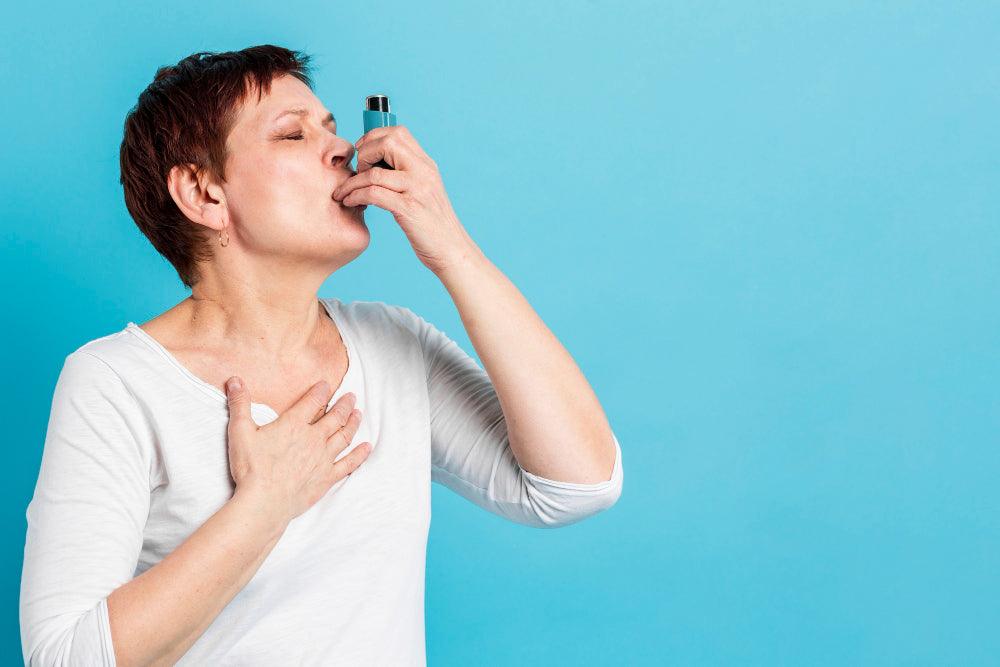Do I have Asthma? (Quiz)


Answer the following questions to find out if you have symptoms of asthma:
1. Do you frequently experience shortness of breath, especially during physical activity?
2. Do you often wheeze or cough, especially at night or early in the morning?
3. Do you have a history of allergies or eczema?
Asthma is a chronic respiratory condition that affects millions of people worldwide. It is a condition that causes inflammation and narrowing of the airways, making it difficult to breathe. Asthma can affect people of all ages, and its symptoms can range from mild to severe. For more information related to Asthma read our complete guide on: Asthma: Definition, Causes, Signs and Symptoms, Diagnosis, and Treatments.
If you are experiencing respiratory symptoms such as coughing, wheezing, shortness of breath, or chest tightness, you may be wondering if you have asthma. The answer is not always straightforward, as many respiratory conditions can cause similar symptoms. However, there are some key signs that may indicate that you have asthma.
One of the primary indicators of asthma is wheezing. Wheezing is a high-pitched whistling sound that occurs when you breathe. It is caused by the narrowing of the airways, which makes it difficult for air to flow in and out of the lungs. Wheezing may occur during physical activity or at rest and may be more pronounced at night or in the early morning.
Coughing is another common symptom of asthma. It may be a dry, persistent cough or a cough that produces mucus. Coughing may be worse at night or early in the morning, and may be triggered by allergens, cold air, or exercise.
Shortness of breath is also a common symptom of asthma. It may occur during physical activity or at rest, and may be accompanied by chest tightness or a feeling of constriction in the chest. Shortness of breath can be a serious symptom and should be evaluated by a healthcare professional.
If you are experiencing any of these symptoms, it is important to speak with your healthcare provider. They will be able to evaluate your symptoms and determine if you have asthma or another respiratory condition.
Your healthcare provider may perform a physical exam and order tests to help diagnose asthma. These may include lung function tests, such as spirometry, which measures how much air you can breathe in and out, and how quickly you can exhale. Your healthcare provider may also order allergy tests or a chest X-ray to help rule out other conditions.
If you are diagnosed with asthma, your healthcare provider will work with you to develop a treatment plan that is tailored to your individual needs. This may include medications such as inhalers, which help to open up the airways and reduce inflammation. Your healthcare provider may also recommend lifestyle changes, such as avoiding triggers like cigarette smoke or allergens, and incorporating regular exercise into your routine.
In conclusion, if you are experiencing respiratory symptoms such as coughing, wheezing, shortness of breath, or chest tightness, you may have asthma. It is important to speak with your healthcare provider to determine if you have asthma or another respiratory condition. With proper diagnosis and treatment, asthma can be effectively managed, allowing you to live a healthy and active life.









